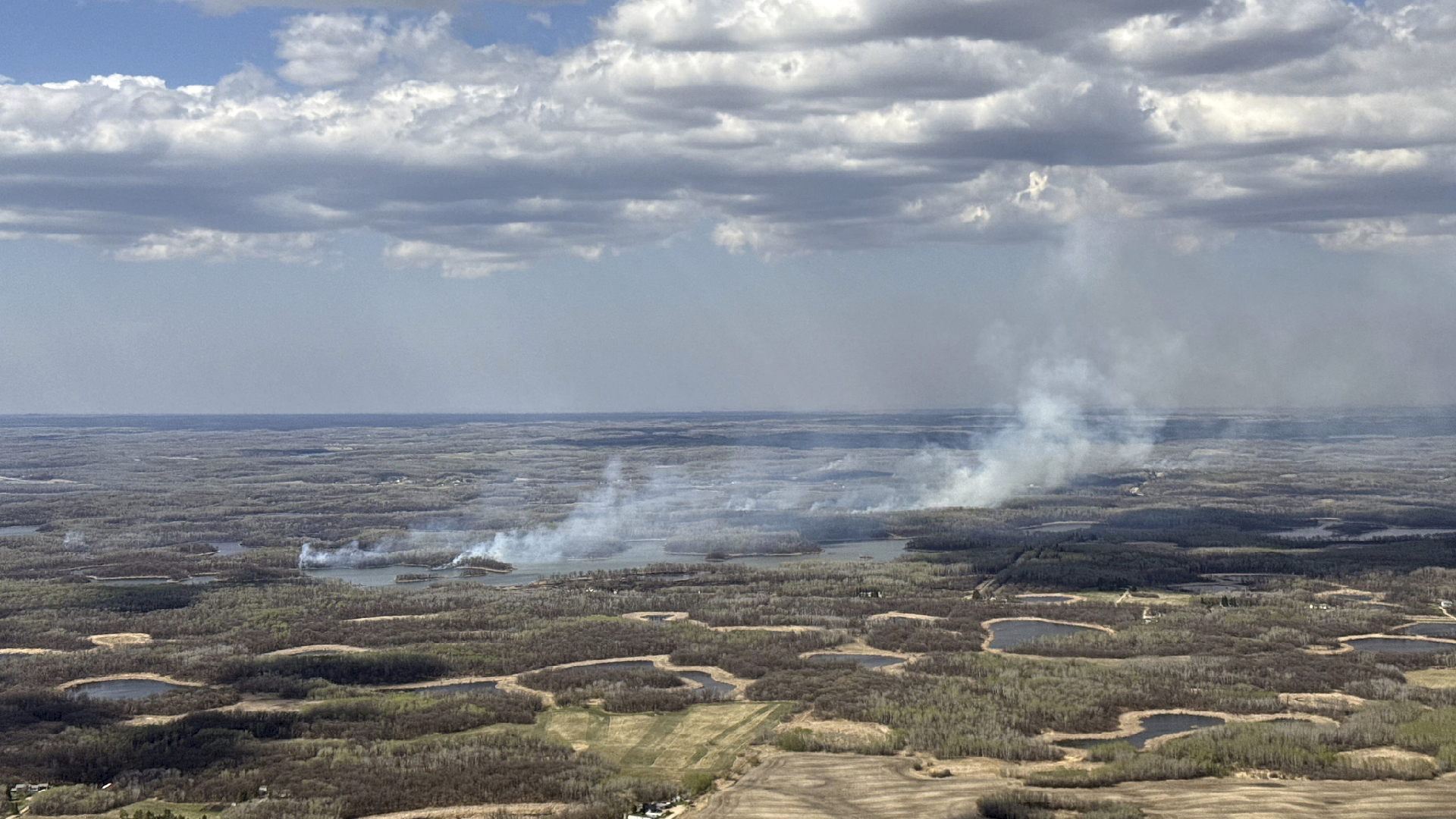Oath Keepers leader tells jury he never wanted his group in the Capitol on Jan. 6
Stewart Rhodes gave his most forceful rebuttal on Monday to the seditious conspiracy case being brought against him.


Oath Keepers founder Stewart Rhodes said on Monday he was shocked to learn that his allies went “off-mission” and entered the Capitol on Jan. 6, telling jurors he only learned about it after the fact and never viewed disrupting Congress as a goal for his far-right group.
“I didn’t want them getting wrapped up into all the nonsense with Trump supporters,” Rhodes said under questioning from his attorneys. “My goal was to make sure that no one got wrapped up in that Charlie Foxtrot going on inside the Capitol.”
It was Rhodes’ most forceful rebuttal to the seditious conspiracy case prosecutors have been making against him for weeks. They have alleged that he helped orchestrate an “armed rebellion” against the incoming Biden administration, leading his group to Washington on Jan. 6 and assembling stockpiles of weapons nearby in case violence escalated. The goal, the Justice Department argued, was to keep Donald Trump in power, by force if necessary.
Prosecutors will have their first opportunity to cross-examine Rhodes on Monday afternoon, when they’ll attempt to undercut the case he has made to create doubt in the jurors’ minds.
Rhodes contended that he spent the morning of Jan. 6 at a hotel, traveling to the Capitol only after he had heard that the barricades had been breached. He described having trouble communicating with allies due to poor cell service, and that he had particular concerns about his inability to reach Kelly Meggs, the Florida leader of the Oath Keepers and one of Rhodes’ co-defendants.
“I didn’t know where they were,” Rhodes said.
Later that day, Rhodes said, Meggs informed him that he had brought his team into the Capitol, something Rhodes said he disagreed with and voiced his concerns about to others at the time.
Rhodes said that he learned only after Jan. 6 that another Oath Keeper — Alabama’s Joshua James, who had been guarding longtime Trump ally Roger Stone earlier on that day — had also taken a group inside the Capitol. James, he said, never mentioned it to him even though they dined together on the evening of Jan. 6.
Meggs’ attorney, Stan Woodward, questioned Rhodes about the claim that Meggs went “off-mission.”
“We disagree,” Woodward told U.S. District Court Judge Amit Mehta, who was considering whether to permit cross-examination by co-defendants’ attorneys.
Rhodes said under questioning from Woodward that “there was no plan to enter the building for any purpose” but agreed that there are “standing orders within Oath Keepers to render medical aid” to those in need.
Rhodes used much of his testimony to separate his desire for Trump to remain in power from the group’s presence in D.C.
He said more than 100 Oath Keepers had traveled to Washington to perform security details and escort Trump supporters from the Ellipse, near the White House, to the Capitol. But that work, he said, was distinct from his public calls on Trump to invoke the Insurrection Act and call up the Oath Keepers as a state-sanctioned militia, which he repeatedly said he believed would have been within Trump’s legal and constitutional authority.
When they questioned Rhodes, prosecutors indicated they would ask about his efforts to deliver that message to Trump in the weeks before Jan. 6. During discussion among the lawyers out of jurors’ earshot, they discussed FBI investigators’ interviews with an unidentified woman who donated to the Oath Keepers and had a son working at the White House. The FBI investigated evidence that Rhodes sought to pass messages to Trump through this contact only to learn that the woman never passed along his messages.












